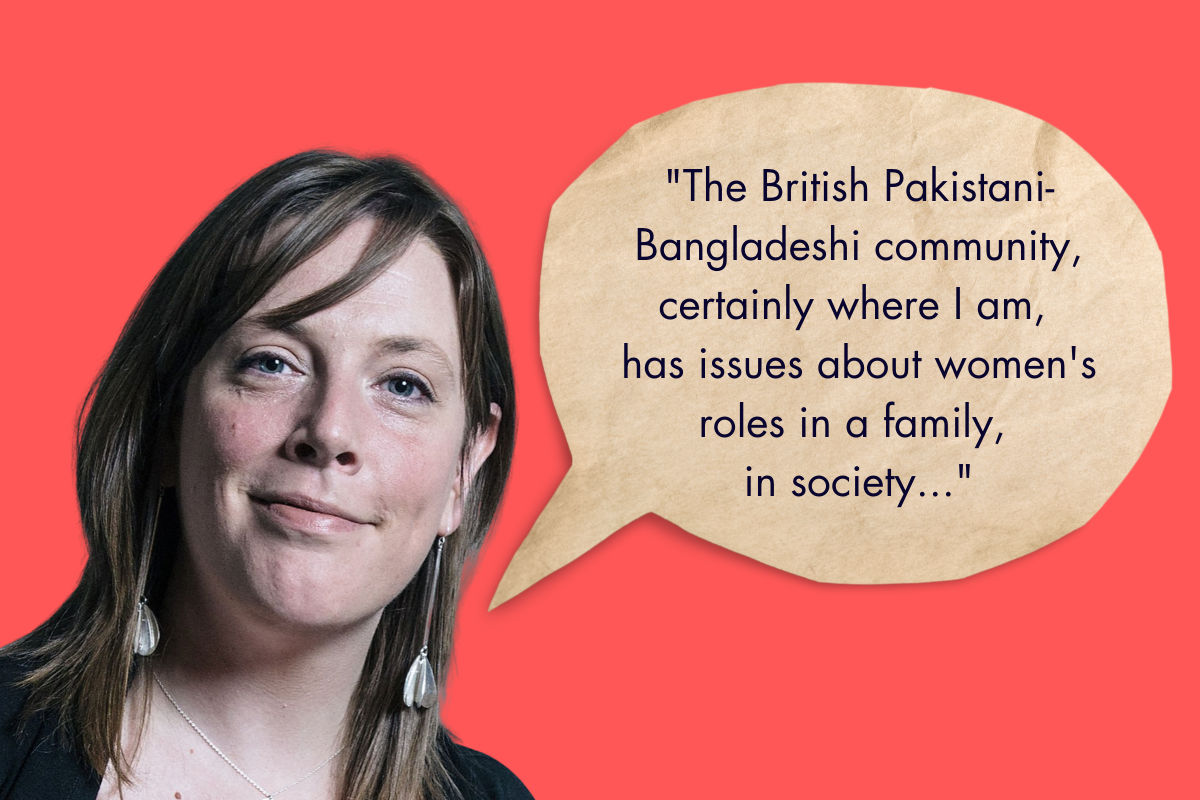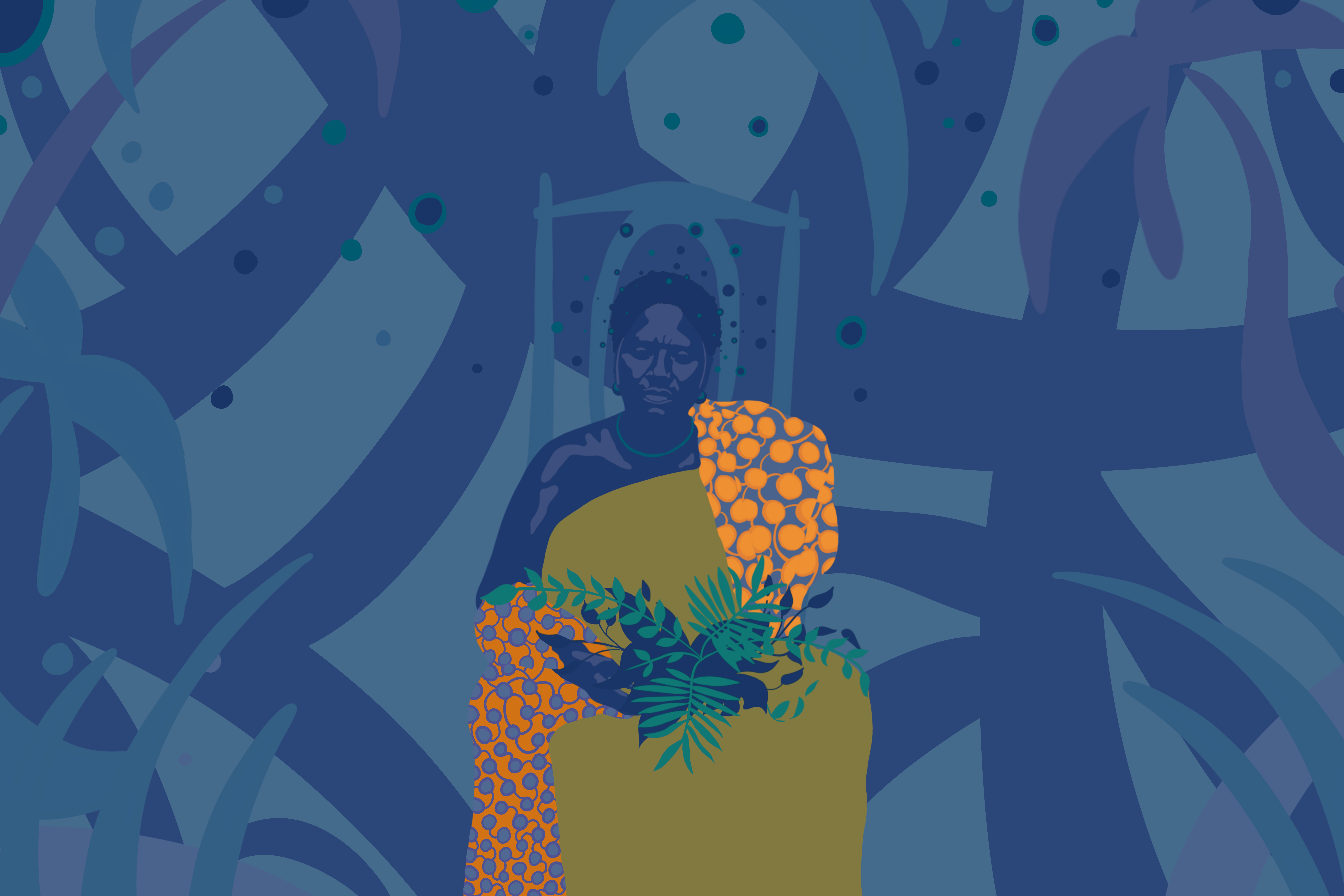
Last week, Mary Beard, the renowned classicist and academic, took to Twitter to address the Haitian Oxfam scandal:
“Of course one can’t condone the (alleged) behaviour of Oxfam staff in Haiti and elsewhere. But I do wonder how hard it must be to sustain ‘civilised’ values in a disaster zone. And overall I still respect those who go in and help out, where most of us would not tread.”
There’s a lot to unpack here.
There’s the unbelievable fact that Beard, an academic who studies ancient civilisations for a living, thought that she would weigh into a sensitive and complicated issue with the nuances of a sledgehammer. Within seconds, Beard was criticised for what she had written; some people outright called her a racist, while others took the time to gently critique her choice of words and grammar. “([A]lleged)” is close to victim-blaming, while “‘civilised’” reeks of the uncomfortable discourse of colonialism.
“Colonialism is still perpetuated in society: in museums and aid work, in the media and popular culture, and in Beard’s tweet”
It’s shocking that the writer behind Woman and Power, a book about angry, vocal women speaking out throughout history, had so little empathy [with the victims?] or anger over the scandal of Oxfam aid workers using sex workers in Haiti after the devastating earthquake in 2011.
The abuse of vulnerable women and children is nothing new. During the peak of the British Empire, white European men would visit far-flung countries and wreak havoc: stealing resources, enslaving people, and raping women and children – all in the name of “civilising” the savage. While most seem to think that the end of the British Empire marked the end of colonialism, we are not living in a post-colonial age. Colonialism, like racism, has simply morphed with time, and while it may not look the same way it did three centuries ago, colonialism is still perpetuated in society: in museums and aid work, in the media and popular culture, and in Beard’s tweet.
“How hard it must be to sustain ‘civilised’” values in a disaster area” is exactly the excuse used by European colonisers. In Heart of Darkness, the infamous novel that chronicles a white man’s descent into the Congo, colonialism, and madness, its author Joseph Conrad writes: “The reaches opened before us and closed behind, as if the forest had stepped leisurely across the water to bar the way for our return. We penetrated deeper and deeper into the heart of darkness.” Colonialism works because it establishes binaries: light and dark, white and black, self and other, West and East, civilization and savagery. These binaries segregate the coloniser and the colonised, and position the white man as bringing the light to the savage dark. It is how colonialism was, and still is, justified and excused.
“White feminists weaponise the defense of innocence and insincere tears”
Taken out of context, Beard’s tweet could be the pondering thoughts of Heart of Darkness’ narrator who spends the novel considering how colonialism destroys the soul of the European coloniser. Similarly, Beard ponders how we would react if we were the colonisers in Heart of Darkness or the (post-)colonisers of the Oxfam Haiti crisis. Beard’s word choice “us” suggests that we, the reader, are on her side and that we, the reader, are the Enlightened Europeans. It’s the same “them-and-us” attitude that perpetuates the binaries of colonialism.
The ending of Heart of Darkness has always stayed with me. The narrator returns to Europe and visits the widow of Kurtz, the most infamous and vile coloniser who died in the Congo’s jungles. The woman is described as pale, fair, and pure with a halo surrounding her – she embodies European lightness that contrasts with the African women’s darkness. The novel’s ending has stayed with me because it sums up the complicity of white women. They are viewed as innocent and childlike, too naïve to be told about the horrors of what their men are doing in Africa, Asia, and America. But they know. They are made to stay at home and when their husbands return with a brown baby in tow, they look the other way. They hide behind a performance of tears and grief. Beard did something similar on Twitter. After her first tweet, she posted a picture of herself, upset and in tears: “I am sitting here crying. I am not really the nasty colonist you say I am. I speak from the heart.”

White feminists weaponise the defense of innocence and insincere tears. We’ve seen it time and time again with the likes of Lena Dunham and Taylor Swift. As Beard’s fellow Cambridge academic Priyamvada Gopal wrote in her response to Beard: “I am not going to post a picture of myself crying. If I posted every time I was made miserable by abuse or by the genteel liberal racism that is the very lifeblood of Cambridge social intercourse, I would have a feed full of misery. And it would be manipulative.”
I am sure that Beard is “not a nasty colonist.” But she follows in the tradition of colonists’ wives and she is complicit – complicit in her neutrality, in her refusal to acknowledge her mistake, and in her crocodile tears.









